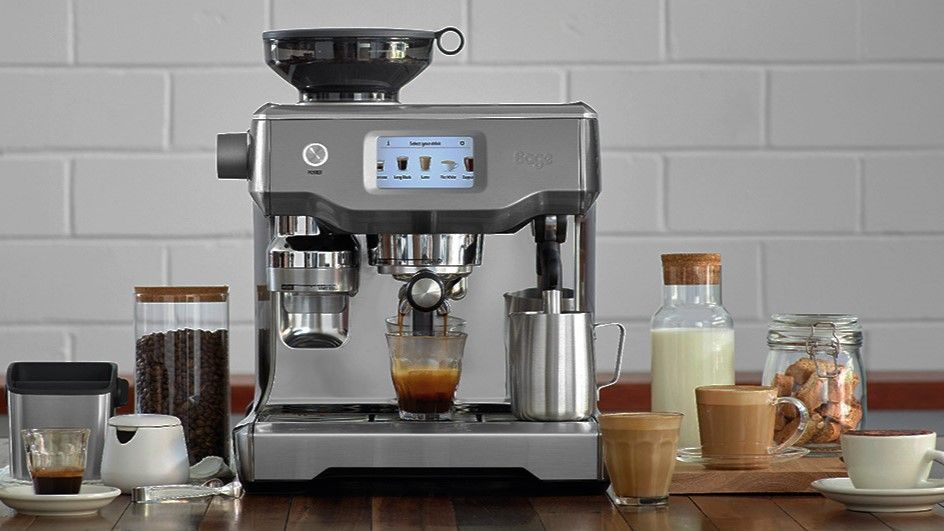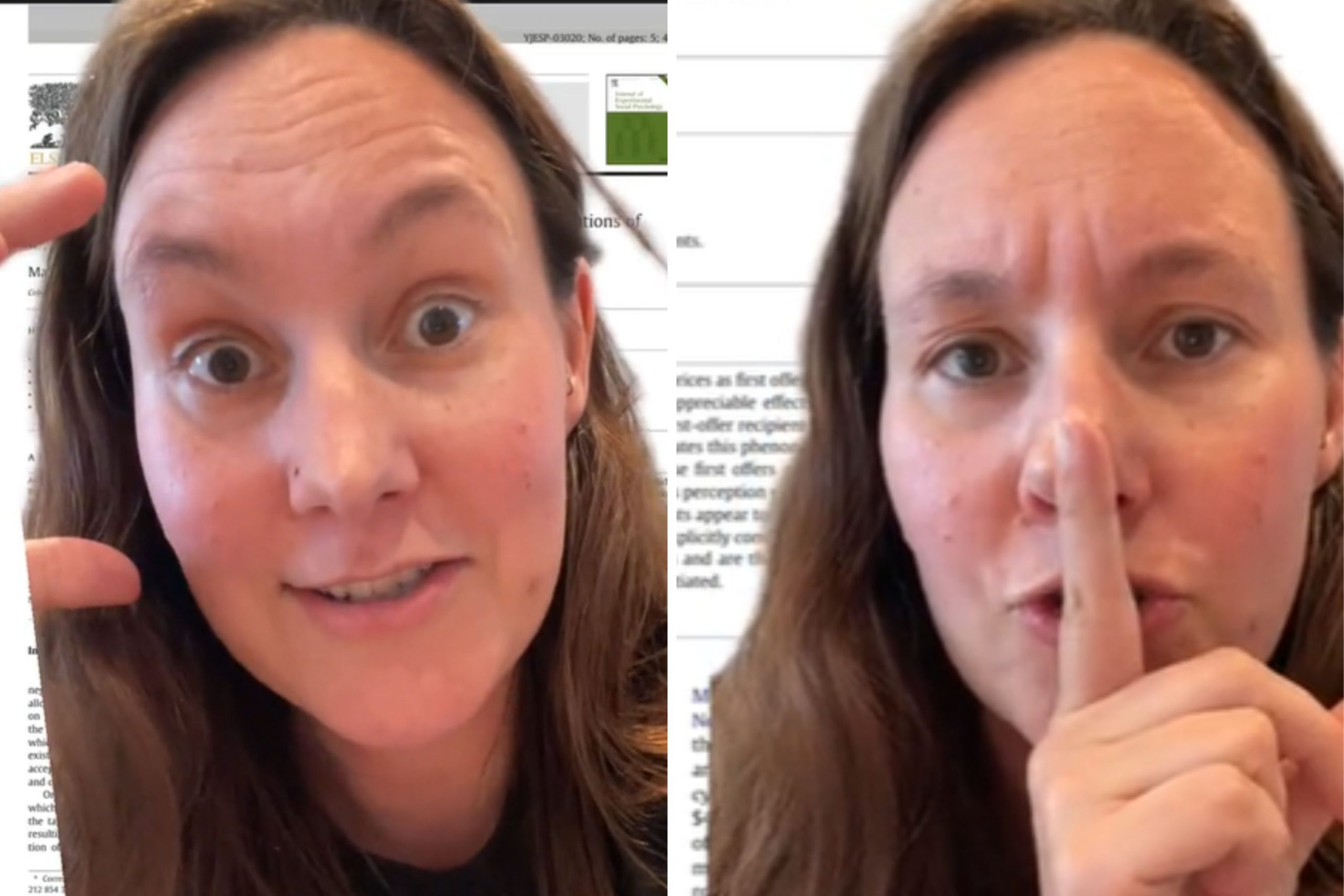One of the most anticipated days of the month is payday – your hard work pays off, and your bank account is nicely compensated. But for many people, knowing what to do with their money once they have it can be a struggle, leaving them living pay cheque to pay cheque with little to no savings.
Luckily, online lender CreditNinja have provided their top tips for budgeting your pay check, giving you some peace of mind, and helping you take control of your finances.
What is a budget, and why should you make one?
A budget is a detailed plan for your income and spending. The most basic budgets have categories for income, essential spending, recreational spending, and savings, but they can be completely customised to your personal habits and lifestyle.
Budgets are an extremely useful tool for managing money if you are honest about your spending habits and commit to the goals you set. Giving yourself a realistic, manageable budget can help you repay debt, deal with financial emergencies, curb bad monetary habits, and reach your personal life goals.
How to create your budget
Creating a budget, especially if it is your first time, can be overwhelming. To help, the process has been broken down into smaller steps.
Firstly, identify your financial goals. Consider what you want to achieve, whether it is a short-term goal such as saving for a holiday or a long-term goal such as building an emergency savings fund. Setting personalised goals will give you a reason to save and make it easier to adhere to your budget.
Next, calculate your income. Make sure to include all forms of income, not just your salary. This may be slightly harder for hourly workers, as the figure can fluctuate, meaning you’ll have to adjust your budget each time you’re paid. Remember, budgets are fluid and will change depending on your situation for that month; this is not a disadvantage and adapting when you need to will help you stick to your goals.
Now, you need to list all expenses and prioritise them. Be honest about what you spend; it’s always better to slightly overestimate if you’re unsure. This includes rent, groceries, and even the cup of coffee you get every morning on the way to work. Prioritising your expenses allows you to determine what you need to focus on and figure out the unnecessary expenses to cut out.
Then, it’s time to allocate your funds. Divide your income amongst your expenses, focusing on your priorities, and then divide what is left into savings or investments. Anything is better than nothing, and it will become easier to know what you can comfortably save as you progress in your budgeting journey.
Keep an eye on your spending to ensure you’re sticking to your budget. Reviewing your finances at the end of the month and comparing them to your budget is a great way to see where you stayed on track and what areas need adjusting next time.
Budgeting strategies
If you need a bit more guidance, there are different strategies you can use to help you reach your goals.
50/30/20 method
One of the most popular strategies is the 50/30/20 method. This involves spending 50% of your income on essentials, 30% on recreation, and 20% on savings. This can be a rough guide to see how much you should put into each category, but be aware that it might not work for everyone. For example, your essentials might come to more than 50% of your income. Play around with the numbers to find a split that works for you.
Cash stuffing
Cash stuffing or the envelope budget, has grown in popularity, mainly thanks to TikTok. This method can be done physically or virtually, and the basic premise involves envelopes or pockets labelled with different spending categories, like rent, beauty, or savings. You allocate your budgeted money into these pockets each month, and once the money is spent, you cannot spend more. Doing this physically with cash can help you visualise your money and help you get a better picture of just how much you’re spending.
Budgeting tools
Using budgeting tools or apps is another effective way to help. Budgeting spreadsheets are available online, both free and paid for; you simply enter your income and expenses, and the sheet will work out the rest for you. Budgeting apps can also be useful with the option of automation, where money is taken weekly or monthly from your account, depending on what you can afford to save.
Matt Mayerle a Personal Finance Editor from CreditNinja commented on these tips:
“Budgeting, although beneficial, is a daunting task, and many don’t know where to start. Taking control of your finances can be a really liberating process and reduce stress and anxiety about money.
“These tips were created to help people on their journey to financial freedom and show that budgeting doesn’t have to be intimidating or confusing.”



